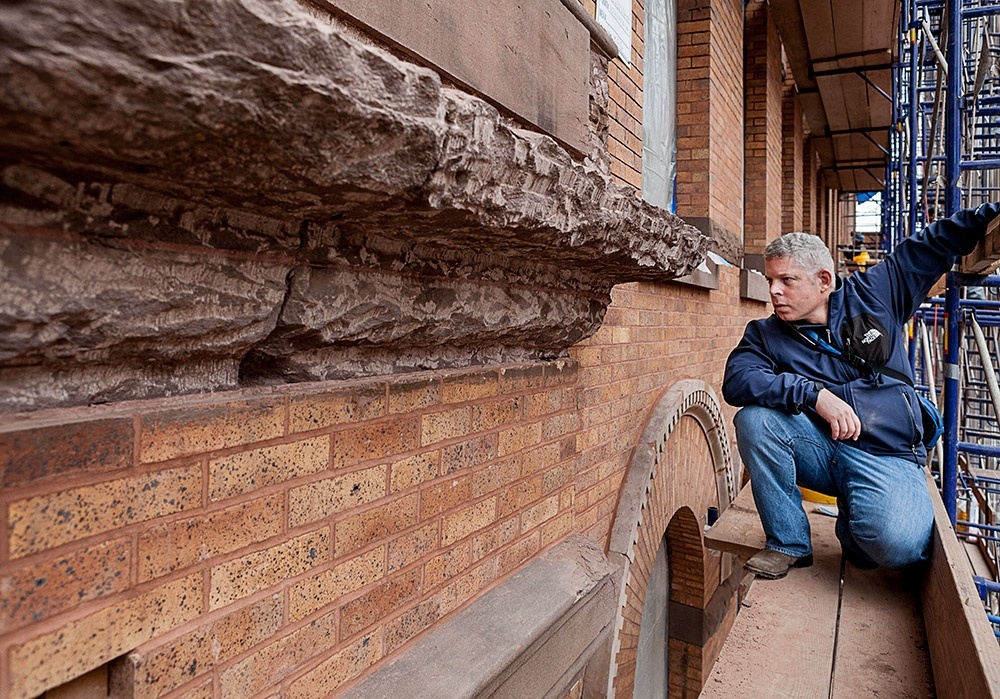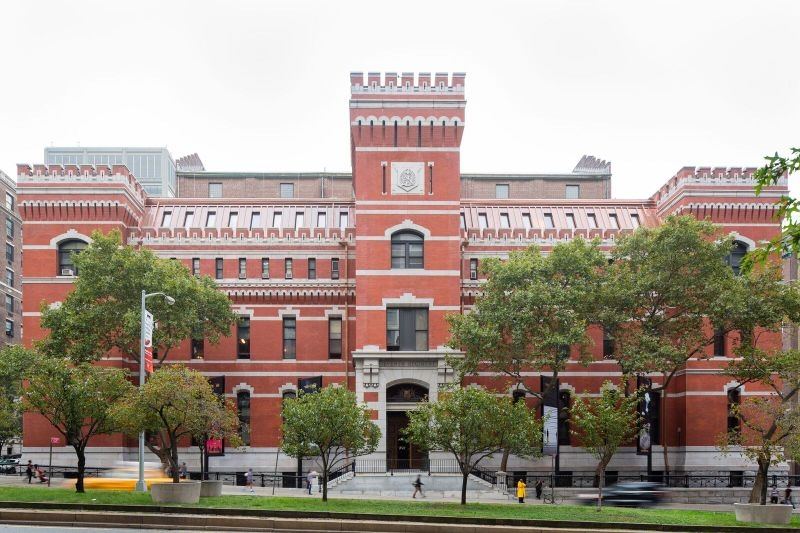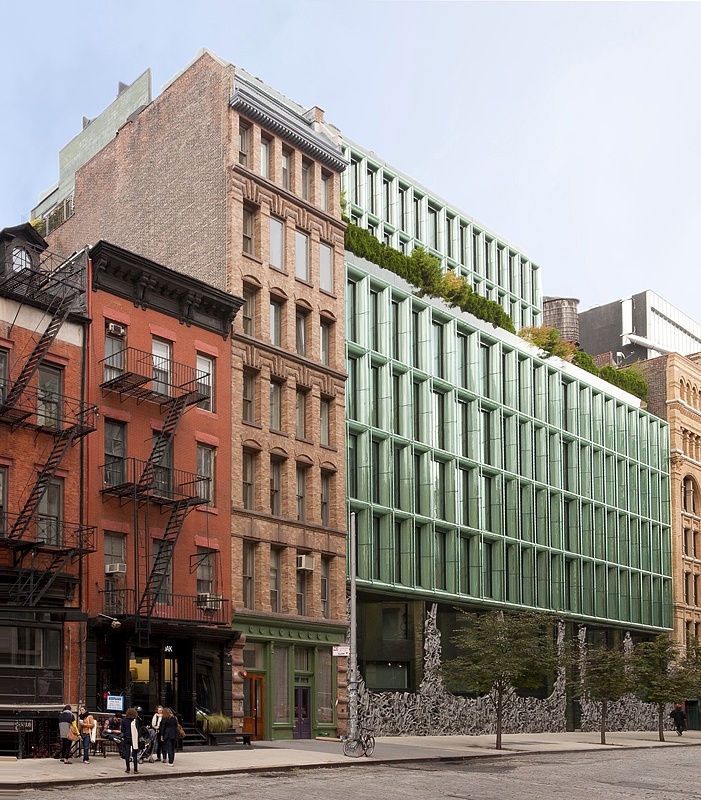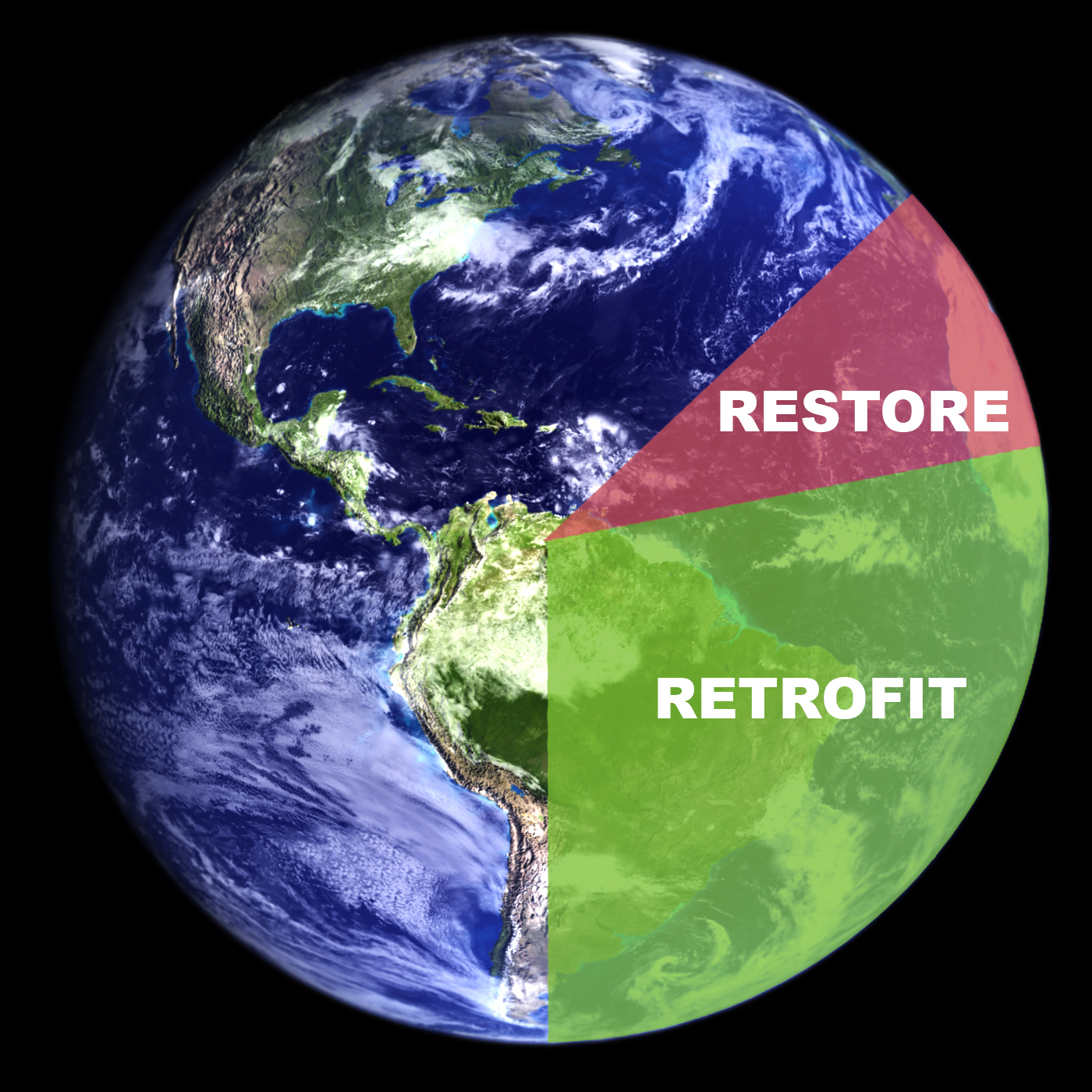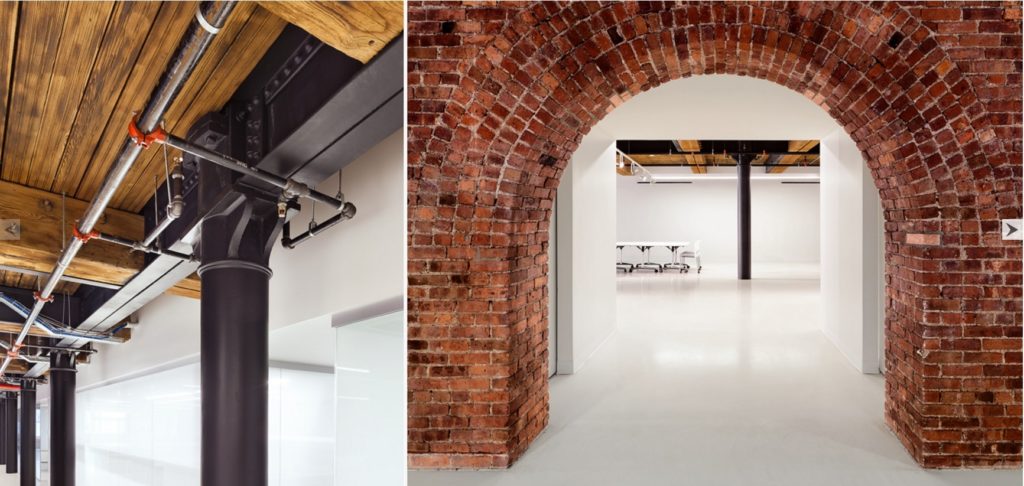
Incorporating Adaptive Reuse to Restore Old Landmark Buildings
As progress dictates that we must forge on into the future, the unfortunate tearing down of the old to make room for the new means more buildings are being lost. Adaptive reuse, however, defines progress differently. To those who may not be familiar with this type of architectural restoration, adaptive reuse takes an existing structure and refines it, breathing new

